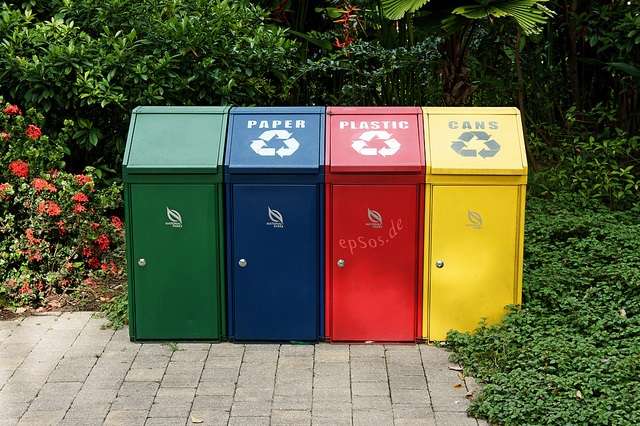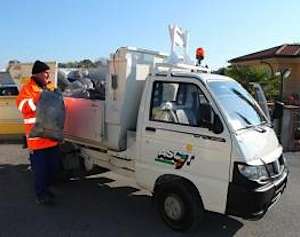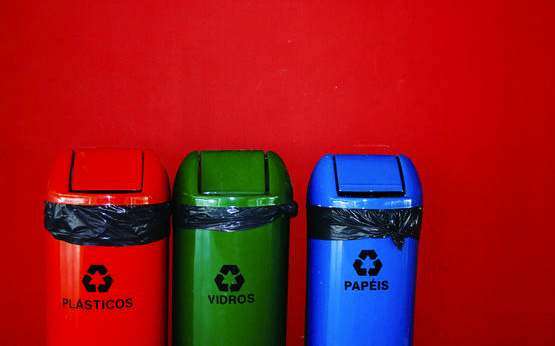How can we possibly move to a "Zero Waste" society when, worldwide, we are currently dumping hundreds of millions of tons into landfills every year?
A few places can give us hope that maybe the goal is not so far out of reach.
On three different continents, special measures are being implemented to bring us one step closer to living on a no-waste planet.
San Francisco has promised to divert 100% of its waste from landfills by 2020.
Thanks to policies that create a culture of recycling and composting, including bonus incentives for residents who skip waste collection days, the city has the highest diversion rate of any major city in North America, with 80% of its trash being recycled, according to SF Environment.
The city uses a 3-bin system, where homeowners and businesses separate their waste into blue bins for recyclables, green bins for compostables, and black bins for landfill-bound material.
Sweden's approach to zero waste is a bit different– but has become the most successful example in the world.
Less than 1% of Sweden's household garbage ends up in landfills today. In fact, Sweden has become so efficient at recycling and reducing waste that they're actually importing garbage from neighboring countries to supply their fuel needs.
Recycling works in Buenos Aires because of the cartoneros, or waste pickers, who sort through trash in the streets. In the last decade, these impoverished workers have organized into cooperatives and are now working in city-built warehouses where the conditions are clean and safe – much like the waste pickers in Bangalore, India.
Despite some setbacks, the city is once again on track to meet its target goals of diverting 75% of waste from landfills by 2017 and 100% by 2020, according to an online report by Citiscope.
A small town in Italy is leading the way in Europe's continent-wide, zero-waste initiative. Back in 1997, local activists proposed a tax that would be waived for residents who could reduce their non-recyclable waste.
By 2010, other rural villages in Tuscany had followed Capannori's lead by instituting a new ‘Pay as You Throw' waste tax, where people were given garbage bags with codes on them to track each household's waste production. According to Zero Waste Europe, the new fee prompted recycling rates to reach up to 90%.
Capannori officials expect to attain their goal of zero-waste by 2020. The original model for their effort? San Francisco.
(READ more at Fast Company) – Photo (top) United Nations, epSos.de, CRI Video (CC)
Uplift the World… Share below










Be the first to comment